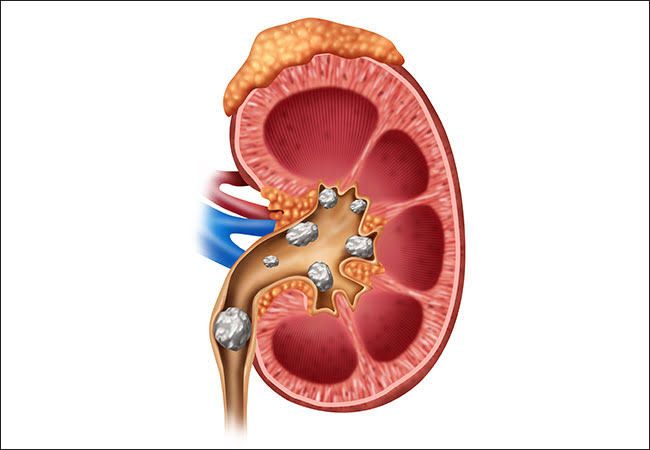Kidney stones are a painful and increasingly common health concern affecting millions across the globe. Emerging research points to contaminated drinking water as a potential contributor to this condition. But water isn’t the only culprit. Let’s dive deeper into the major causes, risk factors, and preventive strategies for kidney stones.
Can Drinking Water Contamination Lead to Kidney Stones?
Water contaminated with high concentrations of calcium, magnesium, heavy metals, or other pollutants may heighten the risk of kidney stone formation. Hard water—rich in minerals like calcium and magnesium—has long been associated with an increased incidence of stones. Moreover, toxic elements such as lead, arsenic, and excessive fluoride, often present in poorly treated or unfiltered water, can impair kidney function and create favorable conditions for stone development.
Other Major Causes Behind Kidney Stones
1. Dehydration – Insufficient fluid intake concentrates the urine, making it easier for minerals to crystallize into stones.
2. Dietary Choices – Consuming a diet high in salt, sugars, animal protein, and oxalate-rich foods (like spinach, beets, and nuts) can trigger stone formation.
3. Obesity – Being overweight can alter the composition of urine, increasing the likelihood of stone development.
4. Underlying Medical Conditions – Disorders such as hyperparathyroidism, gout, and frequent urinary tract infections (UTIs) are known to promote stone formation.
5. Genetic Factors – A family history of kidney stones significantly raises the risk.
6. Sedentary Habits – Lack of regular physical activity can negatively impact metabolism and encourage mineral deposits in the kidneys.
Tips to Prevent Kidney Stones
Keep Yourself Hydrated – Aim for 2-3 liters of water per day to maintain diluted urine.
Adopt a Kidney-Friendly Diet – Limit intake of salt, sugar, and oxalate-rich foods; incorporate more citrus fruits like lemons and oranges.
Invest in Clean Water – Use a trusted water filtration system to remove contaminants.
Stay Active – Regular exercise supports healthy metabolism and kidney function.
Schedule Routine Health Screenings – Especially important for individuals with a family history of kidney stones.











